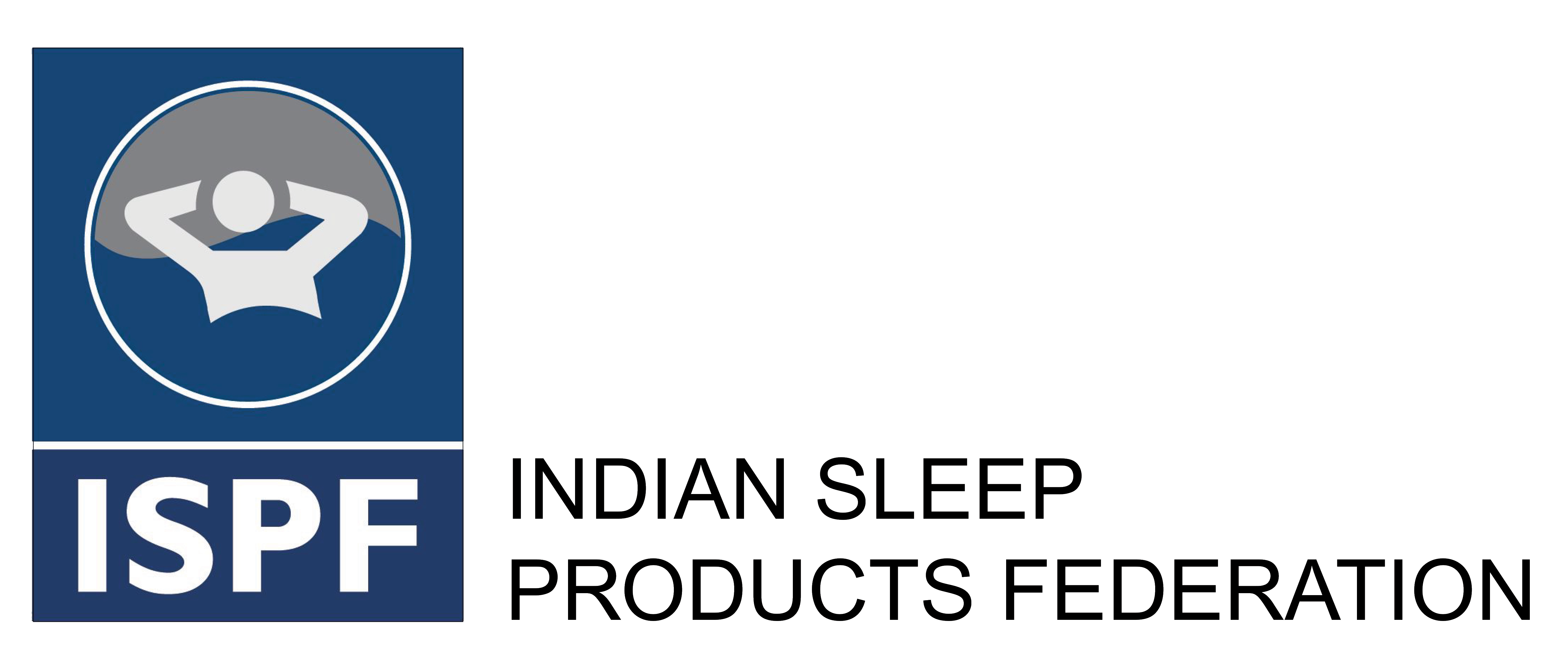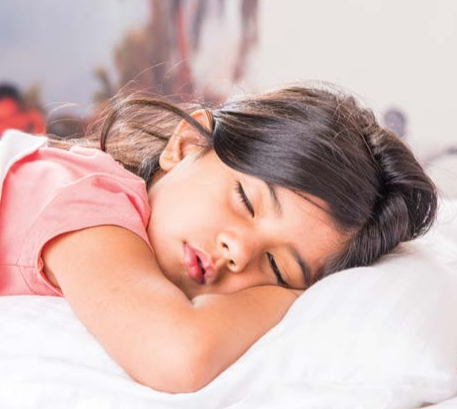How to Cope with COVID-19 Related Sleep Disorders
Doctors who specialize in sleep disorders are seeing an increase in sleep disorders associated with COVID-19 patients. They are calling it “COVID-somnia”
As the second wave of the COVID-19 pandemic looks to be abating, with experts however predicting a third wave in the offing soon, unless the right precautions are taken, there is concern about the health effects inflicted due to the first two waves. Both those who got infected as well as the larger population which has been confined to homes because of lockdowns and other restrictions have been impacted with sleep-related disorders. Doctors are trying to address this large-scale problem and this article will look at the challenges as well as solutions being promoted by healthcare providers.
A case-study
For 36-year-old Sajal Bannerji, the news delivered by his employer in the month of May while shocking was not surprising. Bannerji a guest relations manager with a three-star hotel in Bengaluru was convalescing at home after being discharged from a private hospital – where he had to stay after testing positive for Covid – received some disturbing news.
His hotel which has hosted hardly any guests over the past 15 months due to the pandemic-induced ‘lockdown’ was ‘restructuring’ its workforce. Shorn of legalese and jargon, it meant a lot of the hotel employees were being laid off. He was one among those who had been affected. As per the terms and conditions of his contract he was paid 30 days of basic pay.
Since the work lay-off, Bannerji has been so stressed that he has hardly been able to sleep, even as the after-effects of recovering from the post-Covid treatment, have left him physically and mentally weak. “If the Hyatt Regency in Mumbai, a well-established 5-star hotel, has shut its operations, unable to pay its workers, as reported by the national media, why should anyone be surprised that the hotel where I worked, has decided to trim staff?” says Bannerji who does not want his former employer’s name to be used.
His worried family wants him to come back to his native place of Siliguri in West Bengal so that he can recover his healthfully but Bannerji is keen to stay in Bengaluru, to find a new job. His plight is not unique. Across the country, the Covid-19 pandemic has severely impacted economic activity and livelihoods resulting in large-scale job losses, even as the economy has contracted significantly.
In Neurology Today publication, Rachel Marie E. Salas, MD, FAAN, associate professor of neurology at the Johns Hopkins Center for Sleep says that patients are suffering from shifts in their sleep patterns due to their fears about getting the virus, concerns about loved ones, not being able to go to work, not having social contact with others
Another former colleague of Bannerji, who did not want to be named, has managed to retain his job at the hotel but has had to take a steep pay cut. “There are hardly any travellers due to the restrictions. I am actually grateful to my employer that I still have a job in spite of hardly any guests at the hotel, though I feel guilty that so many of my friends lost their jobs. The entire tourism and hospitality sector has been affected. Nobody knows when things would return to normal.”
Unemployment, ballooning loans due to wrecked family finances, health-related issues, and mental stress due to social isolation are only some of the challenges which people are trying to cope with due to the Covid-19 pandemic. This has meant that a lot of them are suffering from sleep-related disorders as worries and anxiety over numerous issues rise, and this has had a detrimental effect on their physical and psychological health.
Financial Distress and Impact on Sleep
Dr Raghavendra Kamath, a physician trained in online therapy, who for a while, volunteered at an NGO (nongovernmental organization)-run mental health helpline for those distressed due to the pandemic-related challenges, says that uncertainty about the future is taking a huge toll on everybody.
“Most of the calls we receive are about things related to financial stress caused by the Covid-19-related issues be it job loss or health expenses. People do not have the cushion of traditional coping mechanisms of talking with friends and family or travelling to religious or tourist places. They feel confined in a place and couple this with job losses and health worries, which leads them to depression, stress, and anxiety. One of the first manifestations of that is the inability to sleep or even poor quality of sleep.”
Of course, for those who have battled Covid-19 directly, the challenge is more onerous. In a recent study published in the Journal of Clinical Sleep Medicine in the USA, researchers said that several sleep disorders including sleep apnea and insomnia were fairly common in patients hospitalized due to Covid-19. Interestingly the study also concluded that these ‘sleep disorders may be relevant for long-term cardiac outcomes given their contribution to cardiovascular health’ indicating that continued impact may be felt, even after recovery.
Among the steps that Dr Kamath recommends to combat the challenges related to stress, anxiety and worry is to ensure that each of us gets proper sleep. Disruption of the daily schedule, depression and isolation, work and family-related stress, excess screen time and anxieties related to the pandemic are all impacting our sleeping patterns, he points out. “All of us need markers and anchors to keep track of time. A changed schedule or no schedule has a determinantal effect on our sleeping patterns. Even small things like arriving at the office or picking up children from school would be traditional markers which would have been affected because of the current conditions, leading us to even forget what day of the week we are in.”
Asserting that sleep is an extremely critical biological process, he says that good sleep would ensure better physical and mental health. ‘Sleep strengthens our immune system and enhances our body’s defence mechanism against diseases.
Our mind stays sharp after a good night’s rest. Lack of sleep could cause or exacerbate depression apart from in extreme cases; even inducing conditions like anxiety disorder and bipolar disorder.’ However, he cautions against excess sleep or oversleeping. He says even that could also have negative effects like irritability, grogginess and
being not focused on the tasks at hand.
The prevalence of sleep problems during the COVID-19 pandemic is high and affects approximately 40 percent of people from the general and health care populations. Patients with active COVID-19 appeared to have a higher prevalence rate of sleep problems, says Journal of Clinical Sleep Medicine
Covid-19 and coping with loss of a near and dear one
Some have lost either a close family member or a friend, especially during the second wave of Covid. Santosh Nair* a software professional lost his wife Sreeja due to Covid-19. Now Nair not only is the primary and sole breadwinner for the family but also has to take care of his two children. He is yet to come to terms with how Sreeja a stay at homemaker got infected with the virus and lost her life.
“I have not been able to come out of depression ever since the death of my wife. Each time I look at my daughters, I see the face of my wife in them. In the initial days, unable to sleep, I took refuge in alcohol, to cope with the stress, depression and suicidal thoughts. I am grateful for the support extended by my in-laws, friends and understanding colleagues in my organization, who helped me to manage the situation and get timely medical assistance in the form of therapy.”
While friends and neighbours in the apartment complex where the Nairs live are helping out currently in looking after his kids, Nair is worried about how he will cope in the future. Dr Kamath says in these kinds of cases it is best to take things as they come one day at a time. “Several of the symptoms like persistent headache, digestive problems and memory lapses can be directly correlated to lack of adequate sleep. During these challenging times, one needs to cut down on time spent on screens be it – a PC, laptop, phone, tablet or television. There is a great need to adhere to a routine, go to bed and wake up at a fixed time every single day.”
It is not just the sleep schedule, but even routine activities like work, exercise, consuming meals, having some personal time, dressing up even if one is not leaving the home, and winding down with music or a book, all of these are areas that experts point out as the ones that need to be compartmentalized and adhered to.
Light, sleep and bedroom
It has been scientifically documented that exposure to light plays a crucial role in helping our bodies understand and determine sleep patterns. It is critical therefore that we spend some time in the morning sunlight to send a signal to the body that it is time to be awake and active. These light-based cues to our body constitute what is labelled as the circadian rhythm.
Also, this is not limited to just early morning light. Wherever possible you should have an open, airy, workplace at home where windows and curtains are open and have an ambient temperature, so that natural light and air stream in. Or for whatever reason, if this is not possible at least there should be an ample amount of bright light in the place where you work.
This ensures that you do not feel sleepy or your body is forced to take a nap. While short, scheduled power naps can be beneficial to the human body in ensuring greater productivity, unplanned or random long naps impact the sleep cycle and thus the productivity and mood of the individual.
The highly-reputed medical journal Lancet, in an article in January of this year, pointed out that according to a study by the authors of a paper, fatigue, sleepiness, and REM sleep behaviour disorder were related to a pandemic, per se, whereas insomnia might be related mainly to confinement, anxiety, and other psycho-social factors.
Dr Gagan Mehrotra, a physician says that he has examined patients who have suffered from not just insomnia but associated restless leg syndrome with anosmia and ageusia.
Dr Mehrotra says people should learn ways to relax. “Yoga, deep breathing exercises, meditation, music, reading from non-electronic and non-connected devices are some of the ways that people can learn to relax so that they can sleep better.” The doctor also says that some of the guided meditation and white-noise applications which can be downloaded on smartphones have also aided some of his patients to sleep better.
Advocating limits on the intake of news related to the pandemic, Dr Mehrotra says that one should limit oneself otherwise the quantum of negative news might overwhelm an individual. ‘One should never try to drink from the firehose of constant social media, television and other form of news which gushes out in an unrelenting torrent.’
The sleeping place or the bedroom should have the kind of ambience which tends to relax rather than excite an individual. This is why he says TVs and other electronic devices in the bedroom are not welcome.
Stating that right from the colour scheme of the bedroom which he says ought to be ‘soothing to the senses’, Dr Mehrotra says that a good, solid, comfortable bed with attendant pillows and other sleeping paraphernalia will aid in the right quantity and quality of sleep.
What soothes the senses varies from individual to individual, he avers. “Since the mandatory eight hours of sleep is what keeps our body charged up, thanks to the challenges posed due to the unique circumstances of a world in lockdown mode, it is absolutely necessary to invest in the right mattress.”
Covid-19 challenge is here to stay for some time
In spite of the ongoing vaccination program, the peculiar set of circumstances that Covid-19 has thrown up for humankind is likely to persist at least for the foreseeable future. With newer strains of the virus mutating, nobody knows for sure when things will return back to pre-Covid days. So willy nilly all of us need to adapt to a changed situation which is the ‘new normal,’ is the unanimous verdict of medical professionals.
As individuals try to make sense of and cope with this evolving environment, the biggest impact has been felt on their mental and physical health.
Economic activity, too, is likely to take a hit for some more time before the pandemic situation settles down and most of us return to what used to be normal earlier.
This is true across the globe. This means that issues related to finances, social isolation, employment, work and family concerns are unlikely to fade away in the near future.
Staying healthy and fit, to the extent possible, being thankful for what we have, and developing a positive outlook on life are the keys to combat the depression which Covid-19 has inflicted on mankind.
For all of us to be fully fit and functional, both physically and mentally, sound sleep is sine-qua-non. Medical professionals are clear that unless we develop a proper schedule, eat and exercise right, and sleep properly, the trials that Covid-19 has imposed on mankind would prove to be a difficult barrier. The way to address this is to get those forty winks right.



